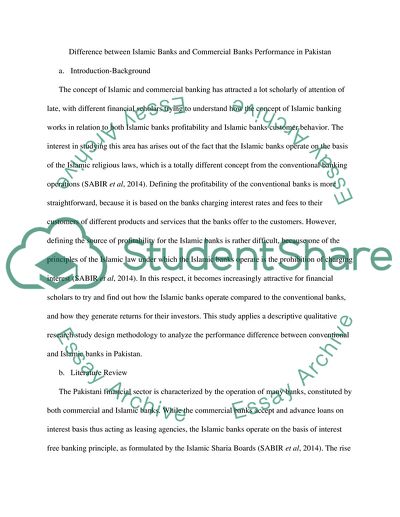Cite this document
(“Islamic Banks and Commercial Banks Performance Essay”, n.d.)
Islamic Banks and Commercial Banks Performance Essay. Retrieved from https://studentshare.org/finance-accounting/1702423-islamic-banks-and-commercial-banks-performance
Islamic Banks and Commercial Banks Performance Essay. Retrieved from https://studentshare.org/finance-accounting/1702423-islamic-banks-and-commercial-banks-performance
(Islamic Banks and Commercial Banks Performance Essay)
Islamic Banks and Commercial Banks Performance Essay. https://studentshare.org/finance-accounting/1702423-islamic-banks-and-commercial-banks-performance.
Islamic Banks and Commercial Banks Performance Essay. https://studentshare.org/finance-accounting/1702423-islamic-banks-and-commercial-banks-performance.
“Islamic Banks and Commercial Banks Performance Essay”, n.d. https://studentshare.org/finance-accounting/1702423-islamic-banks-and-commercial-banks-performance.


